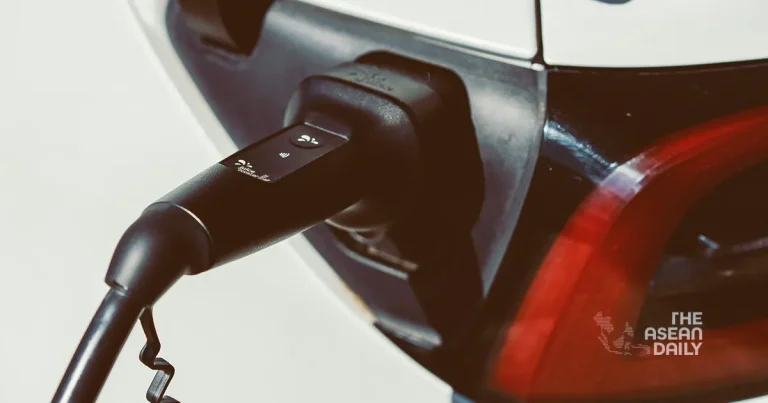5-8-2024 (SINGAPORE) Electric vehicle (EV) charging points have been installed in approximately half of all HDB car parks, amounting to around 1,000 such car parks, the Land Transport Authority (LTA) announced on Monday (Aug 5). This figure represents a 42 per cent increase from the “slightly more than 700” HDB car parks equipped with EV charging points as of the end of 2023.
However, the installation of EV charging points at non-landed private residences, such as condominiums, continues to lag behind, with authorities aiming for 20 per cent of such car parks to be equipped with charging points by the end of this year.
One condominium management chairman cited convincing residents to shoulder the additional cost for EV chargers that benefit only a select few users as the primary challenge.
Nevertheless, the LTA stated that the EV charging infrastructure is still “expanding steadily”, with around 13,800 registered EV charging points installed islandwide to date. This figure represents an almost four-fold increase from the over 3,600 charging points installed at the end of 2022 and a significant leap from the 1,600 charging points available in 2020.
Under the Singapore Green Plan, authorities are aiming for all new car and taxi registrations to be of cleaner energy models by 2030, with 60,000 charging points to be deployed nationwide.
The LTA reiterated that it is on track for all HDB towns to have EV charging points by the end of next year, with the deployment being carried out by EV-Electric Charging Pte Ltd (EVe), a subsidiary under the LTA.
According to Mr. Ang Chee Siong, the management council chairman of The Quintet condominium in Choa Chu Kang, convincing residents to bear the additional cost for the chargers was challenging, as only a small proportion of residents use EVs.
“(If) you’re using the whole condo’s resources to support less than 1 to 2 per cent of the residents… it’s not really that sound a decision,” said Mr. Ang, noting that currently, only about 3 per cent of his condominium residents drive EVs.
He revealed that the condominium management spent a year researching the topic to find a solution that would satisfy all residents. They eventually found two solutions to address the cost issue: utilizing a “zero-cost installation” service for the chargers and tapping into the LTA’s EV Common Charger Grant.
The grant will co-fund 50 per cent of the cost components of 2,000 smart chargers or until December next year, whichever comes first.
Mr. Ang stated that the grant has been “a very good help” in convincing condominium residents that the cost of charger installation will be minimal. It also played a pivotal role in convincing over 90 per cent of the residents to pass a resolution for the installation of chargers. Six EV chargers were rolled out at the condominium in January.
The LTA confirmed that with co-funding support from its EV Common Charger Grant, it has co-funded more than 1,200 chargers, including those at The Quintet. By the end of this year, it is estimated that one in five non-landed private residences in Singapore, such as condominiums, will be equipped with EV charging points.
Speaking to reporters at The Quintet, Senior Minister of State for Transport Amy Khor said that to better support EV charger installation plans at condominiums, a regulation change had kicked in late 2023, lowering the voting threshold for the installation of EV chargers in condominiums to 50 per cent of residents, down from 90 per cent.
“We think that the take-up rate is likely to increase because the feedback previously was that it was a little bit difficult to hit the higher resolution threshold,” said Dr. Khor.
The growth in the number of charging points serves to keep up with the corresponding growth in the number of EVs, sustaining the “momentum of our transition to cleaner energy vehicles”, according to the LTA.
In the first half of 2024, new electric car registrations accounted for almost a third of all new car registrations, compared to around 18 per cent for the whole of 2023 and 12 per cent in 2022. To date, about 18,000 cars, or 2.7 per cent of Singapore’s total car population, are electric.
Dr. Khor added that more than 80 per cent of all new car registrations in the first half of this year were cleaner energy models, which also includes hybrid vehicles.
The LTA stated that it will waive the registration fees for chargers used for educational and research purposes, a move aimed at “facilitating innovation and skills upgrading for the sector”, targeted to be in effect by the fourth quarter of 2024. This follows the recent announcement that the LTA will waive registration fees for chargers used for short-term purposes of up to two months.




